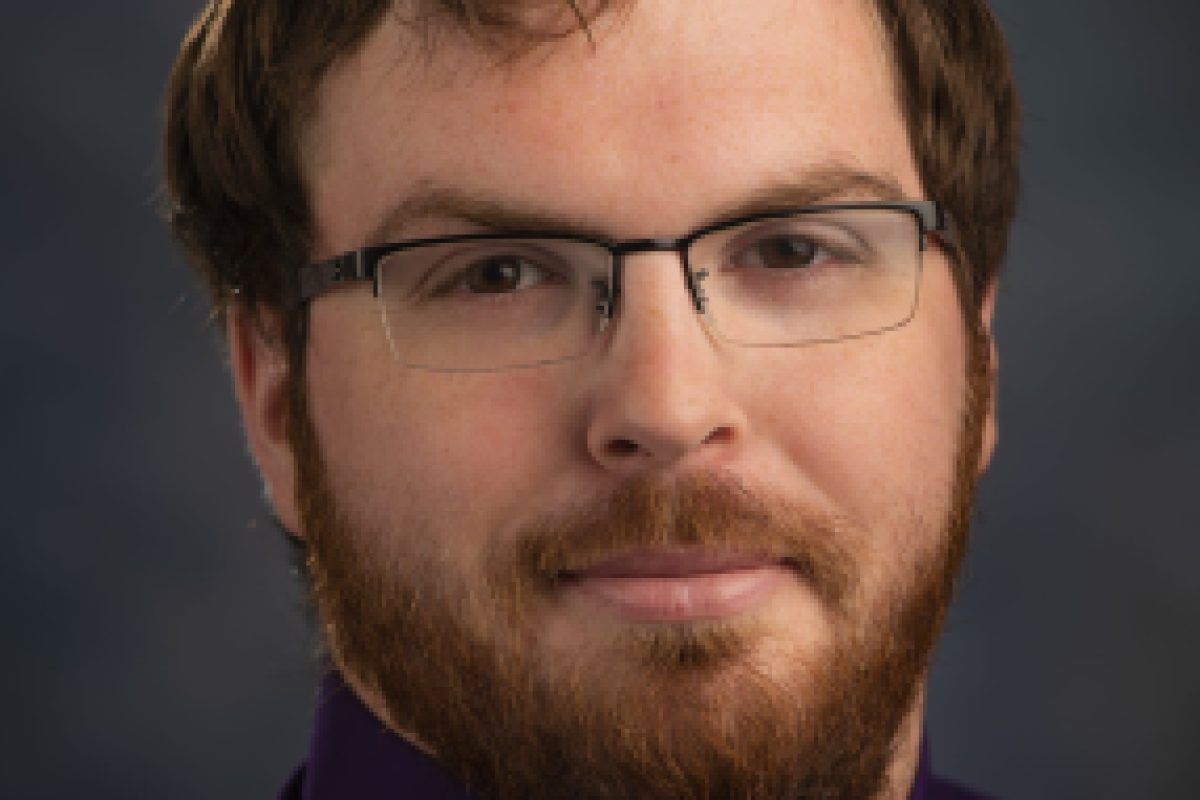My research interests are in applying brain imaging to TMS treatment to find biomarkers for the aid of treatment. Specifically I want to find a way of utilizing resting state functional MRI data to determine both the best area for treatments in specific populations and improve individual based treatments by finding biomarkers that correlate with participant improvement. My current research involves applying these methods to Smoking populations and using fMRI & TMS to reduce smoking withdrawal symptoms.
Mentor: Nicole Petersen, Ph.D.


